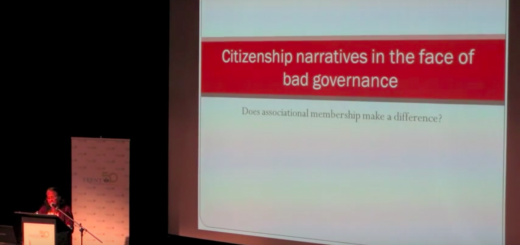“Culture, economics and women’s engagement in the labour market in Bangladesh” Presentation at Gender and Development World Bank seminar series
A Gender and Development Seminar Series Event
A body of research from around the world shows that women’s labor force participation can have many positive impacts, including improvements in the health and well-being of family members as well as on broader development goals, such as economic growth and poverty reduction. In addition, earlier research by Professor Naila Kabeer at the Gender Institute, London School of Economics and Political Science, in collaboration with colleagues at the BRAC Institute of Governance and Development, also found that paid work, particularly outside the home, promoted women’s empowerment as defined by a range of indicators. Despite more than a decade of strong growth rates, Bangladesh, in common with much of South Asia, continues to report relatively low rates of female labor force participation, with the majority of working women concentrated in unpaid family labor and home-based self-employment. Based on preliminary findings from a new research project which seeks to investigate the determinants of these patterns of labor market participation, Professor Kabeer will discuss the interplay between structural constraints, include social norms and values, and individual choice in shaping women’s labor market behavior in the Bangladesh context.
Speaker:Naila Kabeer, Professor of Gender and International Development, Gender Institute, London School of Economics
Chair:Hassan Zaman, Senior Regional Adviser South Asia Region, World Bank
Discussants: Maitreyi Das, Lead Social Development Specialist, Social, Urban, Rural and Resilience, World Bank and Mattias Lundberg, Senior Economist, Jobs Cross Cutting Solution Area, World Bank



